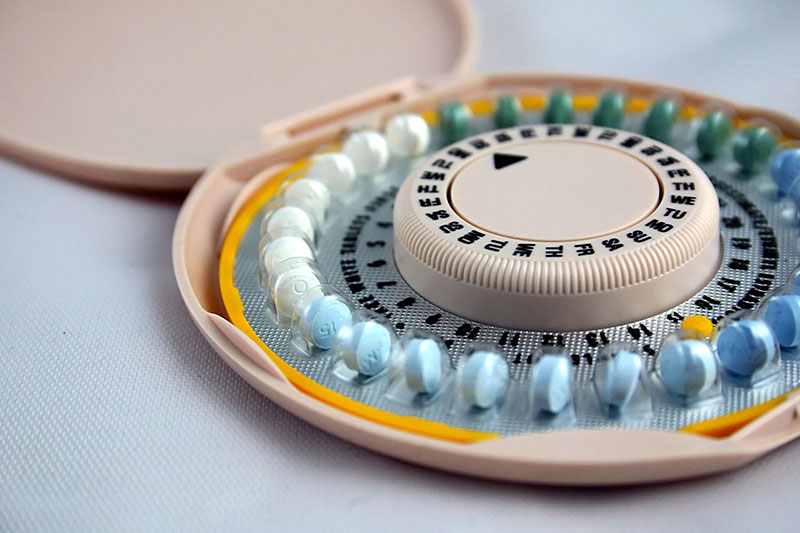Although modern birth control pills have a much lower dose of the estrogen hormones than older variants, the consequences of disrupting nature’s order is still felt – and the toll is a costly one!
Danish researchers recently published a study, highlighting that any use of the pill strongly increases the risk of breast cancer.
Some of the older forms of birth control methods contained extremely high doses of estrogen and were infamously dangerous. However, “many doctors and patients had assumed the newer generation of pills on the market today were safer” because the new ones had much lower doses.
But the latest study has found out that the most modern hormonal birth control methods, which may include oral pills and other forms of the IUD’s, are still responsible for the increased and enhanced risks of breast cancer.
“We did actually expect we would find a smaller increase in risk because today we have lower doses of estrogen in the hormone contraceptives, so it was surprising that we found this association,” Lina S. Mørch, a senior researcher at the University of Copenhagen and the study’s lead author, told in an interview.
The study follows around a staggering 1.8 million Danish women for a period of more than a decade and embarked upon several findings, like the one where the users of these hormonal contraceptives had approximately 20% increase in their risk of breast cancer compared to non-users. Similarly, age and the length of time the pill was used for, could also increase the relative risk, suggesting a causal relationship between the contraceptive methods and other factors.
Researchers also estimate that for every 100,000 women who were using these hormonal contraceptives caused an additional 13 cases of breast cancer each year.
“It is a very clear picture for us, very convincing,” Mørch said.
Dr. Øjvind Lidegaard, the senior author for the study, said in another interview that, “Nothing is risk-free, and these hormonal contraceptives are not an exception to that rule.”
Lidegaard also recommended that the doctors should also take time and discuss these side effects that are presented by the different types of the anti-pregnancy methods with their patients, and suggested that these women reconsider their hormonal contraceptives as they age.
Dr. Marisa Weiss, who is an oncologist by profession and is the founder of the website, breastcancer.org, said, “This is an important study because we had no idea how the modern day pills compared to the old-fashioned pills in terms of breast cancer risk, and we didn’t know anything about I.U.D.’s.”
“Gynecologists just assumed that a lower dose of hormone meant a lower risk of cancer. However, the same elevated risk is there,” said Weiss, who is not involved in the study. “It’s small but it’s measurable, and if you add up all the millions of women taking the pill, it is a significant public health concern.”
The spokesperson for the American College of Obstetricians and Gynecologists told a news source that they would continue their probe into the findings of this study but also said that the hormonal contraceptives are “among the safest, effective and accessible options available.”























